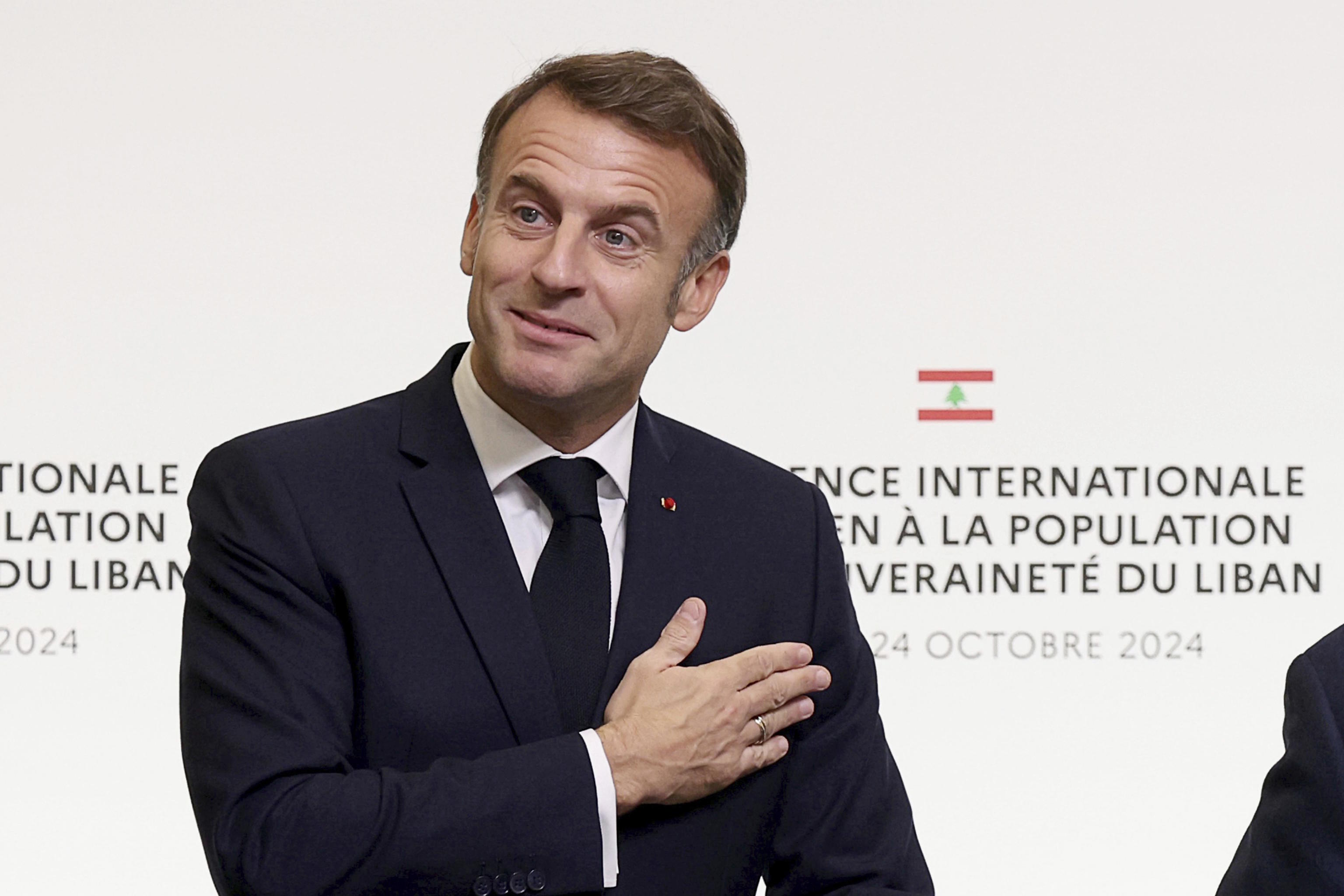One month after the start of the Israeli offensive in Lebanon, France has organized a Humanitarian Conference to coordinate international aid and support the country and those displaced by the war. French President, Emmanuel Macron, has announced that France will contribute 100 million euros.
"Immediately, there is a huge need for assistance for the Lebanese population, both for those displaced by the war and for the communities hosting them," stated the French President. Paris's aid adds to that of Germany, which had already pledged 96 million euros, and Italy, which announced another 10 million.
"The impact of the war in our country has left a trail of destruction and misery in its wake. The Israeli aggression has caused immense human suffering and loss of life, but has also inflicted damage on the infrastructure, economy, and Lebanese society," said Lebanon's acting Prime Minister, Najib Mikati.
Since the start of the war in the Middle East a year ago, Paris has been warning of the danger of the conflict escalating and spreading to Lebanon, as it has indeed happened. The conference's objective is to raise funds to meet the UN's request for 400 million euros, a minimum to help the displaced persons, more than a million. The offensive has already caused 2,500 deaths.
The conference's objective is also to coordinate international support to strengthen the Lebanese forces so that they can deploy more efficiently in the south of the country within an agreement to end the conflict, which would involve the withdrawal of Hezbollah.
The conference comes at a time when Israel's relations with France are cooling. Israeli Prime Minister, Benjamin Netanyahu, said yesterday he was "extremely disappointed" with Macron, especially after the latter's statements that "Benjamin Netanyahu must not forget that his country was created by a decision of the UN."
In an interview with the newspaper Le Figaro last week, the Israeli had already criticized the French President, who had deemed it unacceptable for United Nations peacekeepers to be attacked by Israel. Macron defended himself against the accusations, saying that his statements had been distorted.
In an interview with radio Europe 1, Netanyahu criticized Paris's changing position on the conflict in the region. "At the beginning of the war, they supported us, but I have seen that gradually they have changed their position and taken stances that go against our common interests and our free societies," the Israeli told the media.
Last October, on the anniversary of Hamas's attacks in Israel, the Israeli Prime Minister described France's position as shameful. In reality, the country has maintained a supportive stance towards Israel. Macron has always justified Israel's right to defend itself (after the attacks on October 7), but has also criticized, albeit mildly, what is happening in Gaza. Paris has never wanted to label it as a genocide.
The conflict escalates to Lebanon and worsens the situation in this country, which has been in a political and economic crisis for years. UN Secretary-General, António Guterres, has urged the Lebanese to take decisive measures to "ensure the functioning of state institutions." The country has been without a president for two months because the different factions cannot reach an agreement. A context that Hezbollah has taken advantage of to strengthen itself.
